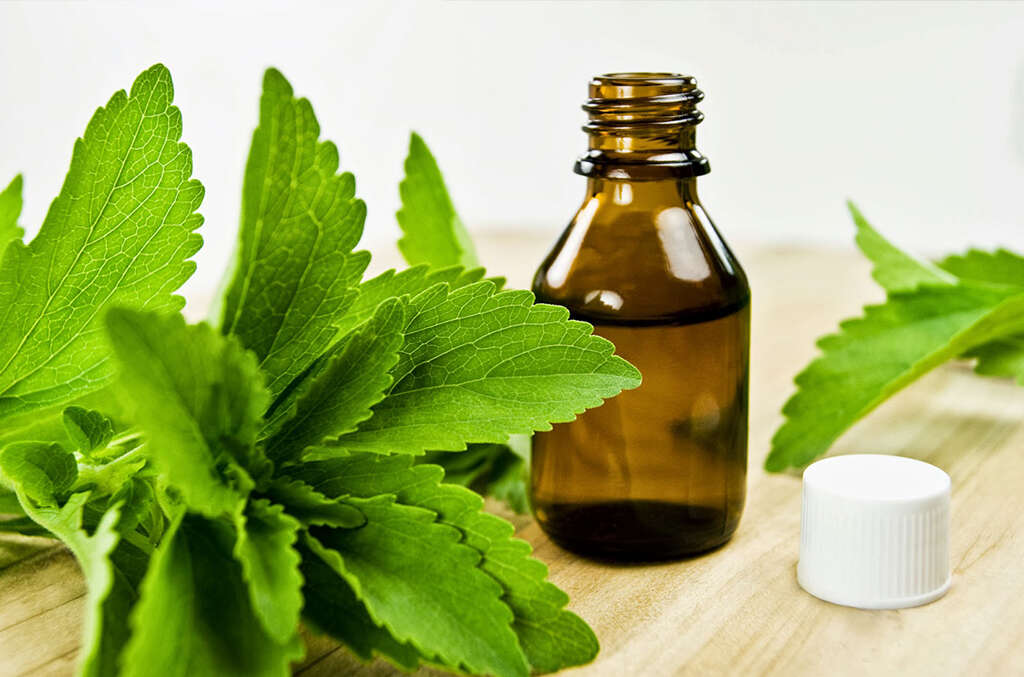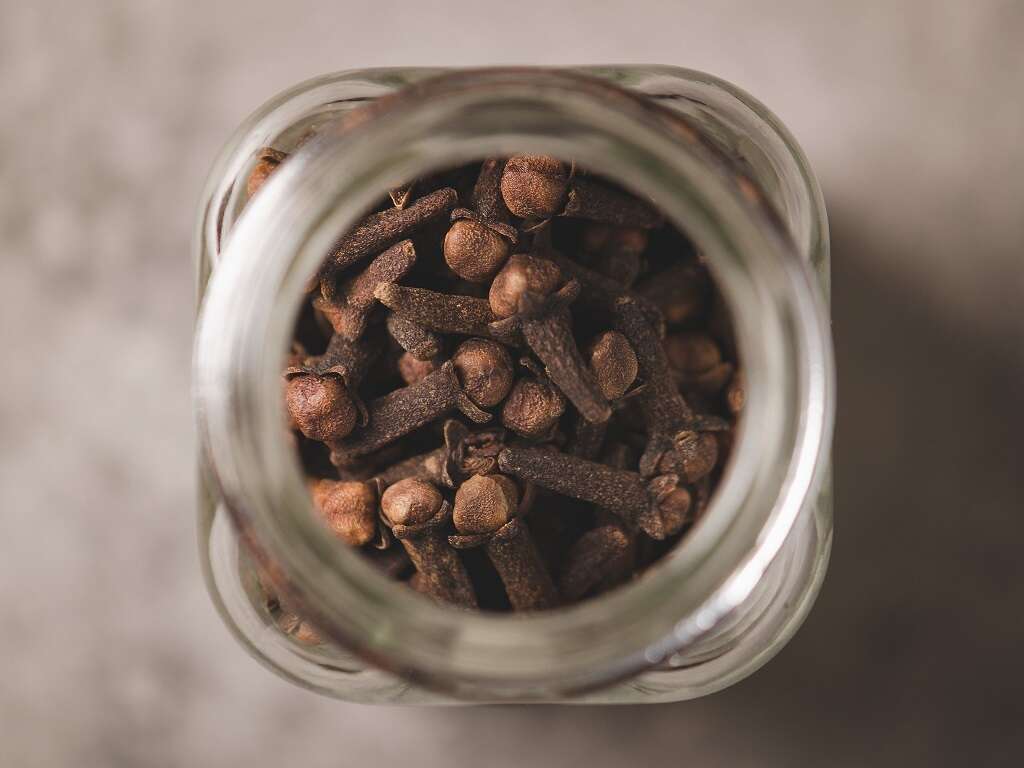10 Side Effects of Stevia
Keeping down our calorie intake is important for losing excess weight and then maintaining a healthy weight. This can be difficult, though, partly because many of the foods with high calories are also the ones we enjoy the most.
This includes foods that have been sweetened by calorie packed sugars, but there are alternatives. Artificial sweeteners help to give sweetness to food but without the calories. Stevia is one such artificial sweetener and it is often used in cooking around the world.
It is made using extracts from the stevia rebaudiana plant which is found in Brazil. Despite the benefits it brings, though, it also has some side effects.
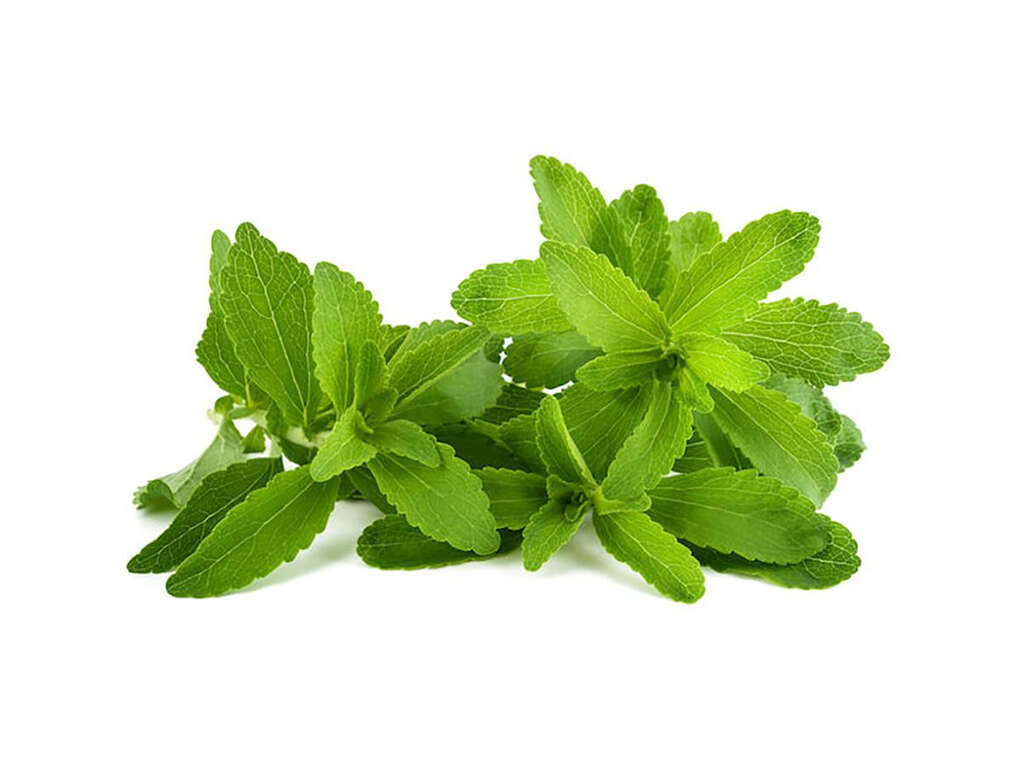
Stevia Side Effect #1: Affects Hormone Production
Hormones of different types are constantly flowing through the body. They help to control organs in our body to help us to function and also play a large part in our mood and overall alertness. Should the hormone levels in our body be affected then it can lead to a wide range of unwanted symptoms.
Studies have shown that stevia might interfere with hormones produced and regulated by the endocrine system. The endocrine system covers all the glands in the body that are responsible for producing and secreting hormones. This has the potential to affect our mood and many other aspects of the functioning of our bodies.

Stevia Side Effect #2: Muscle Soreness
Aching muscles are just a part of life much of the time, especially when we get older. They can sometimes ache and feel sore for no apparent reason. Sometimes, it might be down to something obvious such as taking part in heavy exercise. Sometimes it might also be down to an illness or even something we have eaten.
It has been claimed that stevia can cause aches and soreness in our muscles. It is not yet known why this might be and more research needs to be undertaken. If you are experiencing sore muscles when using stevia, you should stop using it straight away.
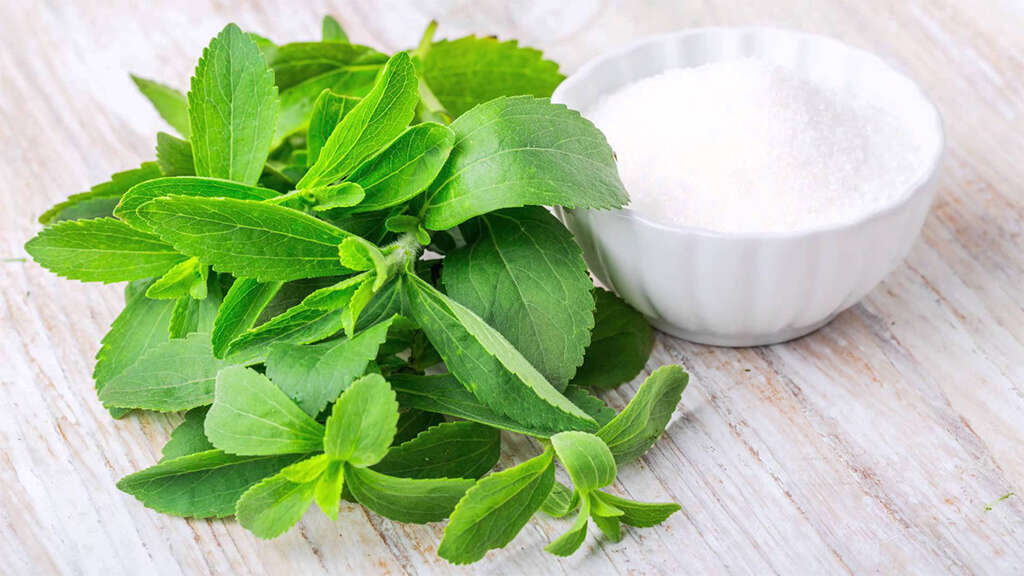
Stevia Side Effect #3: Hypoglycemia
Too much sugar in our diets is the cause of a wide range of problems, including obesity and some forms of diabetes. This makes it advisable to avoid sugar where possible even though it does help to make food and drinks taste good. Alternatives such as sweeteners can help, but they can have their own drawbacks.
Stevia can initially help control blood sugar levels by reducing the amount of sugar in the body. Unfortunately, though, using it too much can take the patient to the other extreme and cause low blood sugar levels – which we know as hypoglycemia. If you are diabetic, you should really try to avoid having stevia in your diet.
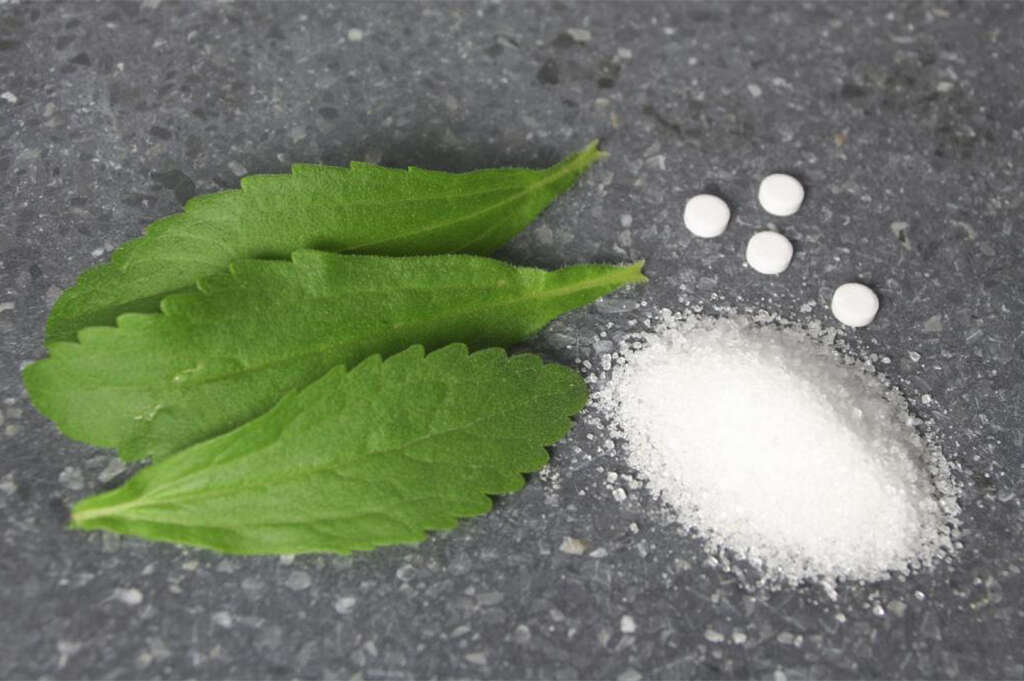
Stevia Side Effect #4: Numbness
Our bodies are excellent at sensing the world around us. We have nerves going all the way down to our fingertips and other extremities. These nerves then send messages to the brain so we can get a good picture of the environment around us. If these nerves stop working, though, then we can lose this ability to feel.
Some people have claimed they have experienced numbness when using stevia. This includes numbness of the feet, the hands and even the tongue. Further research needs to be carried out on these claims but if you do experience these problems, you should stop using stevia immediately.
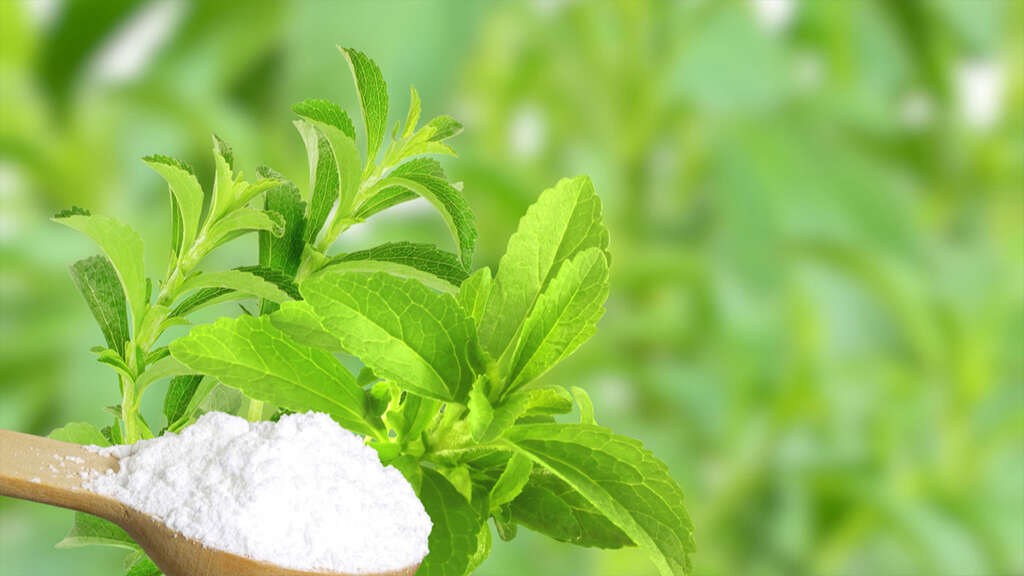
Stevia Side Effect #5: Digestive Problems
For many people, it doesn’t take much for their stomach to become upset. This can lead to symptoms that are irritating, painful and sometimes embarrassing. This leaves a lot of us acting very carefully in regard to what we eat and this can include omitting certain supplements or ingredients such as stevia.
Stevia has shown that it can irritate the stomach. It can also lead to bloating and also lead to a reduction in appetite. If you are experiencing an upset stomach and you are not sure why, create a food diary to help you track what you have eaten. This can help you pinpoint the cause and then omit it from your diet.

Stevia Side Effect #6: Low Blood Pressure
We often hear about the importance of keeping our blood pressure down. If our blood pressure is too high then it can lead to a wide range of symptoms, and it can lead to some very serious complications. What you don’t hear so much about though is the need to keep your blood pressure up as well. It needs to be within a certain range if you are to remain in good health.
Stevia is a vasodilator. This means that it causes the blood vessels to become wider and this, in turn, causes our blood pressure to drop. A low blood pressure can cause various complications so you should avoid stevia if you have experienced a low blood pressure in the past.

Stevia Side Effect #7: Kidney Damage
The food and drinks we consume on a daily basis can be full of various compounds that are no good to us. What’s more is that processes within the body can produce waste and toxins that need to be removed. This is where the kidneys come in. They work as filters that help to remove toxins from the blood where it can then be passed from the body.
It is thought by some, though, that stevia might contribute to kidney damage. It can also place additional pressure on the kidneys because of the way that it encourages liquids to be expelled from the body faster.
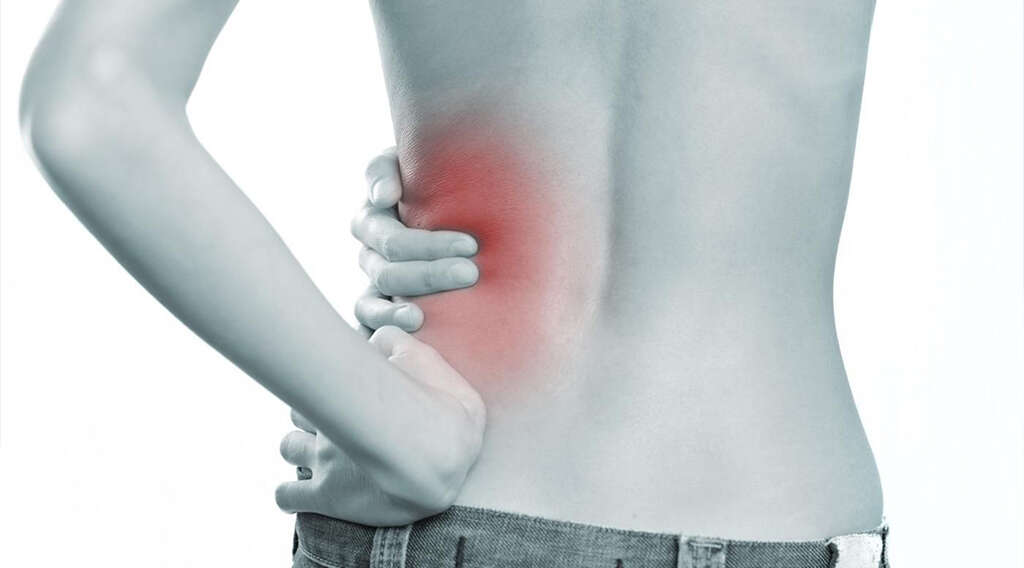
Stevia Side Effect #8: Nausea
Nausea is an unpleasant symptom that can be the result of a wide range of causes. It can sometimes be caused by eating something that does not agree with us. Even small amounts of certain foods can lead to us feeling nauseous. Some have claimed that nausea is associated with consuming stevia.
Stevia products often contain sugar alcohols, and this can cause some people to feel quite ill. In addition to nausea, it can also lead to vomiting and this can lead to further concerns such as dehydration and nutritional problems. If you are experiencing any vomiting through using stevia, you should stop using it straight away.

Stevia Side Effect #9: Breastfeeding
A mother’s milk is jam-packed full of essential nutrients that will help her child to grow big and strong. It has all the building blocks a baby needs to grow and also natural elements that help protect the baby from illnesses. The milk is produced from the food the mother eats, and toxins and unwanted items are removed before the milk is fed to the baby.
Some feel, though, that stevia will not be filtered from the milk and will then be passed on to the baby. Here, it could potentially cause harm to the developing child. This is not yet been shown to be true and more research is needed, but it is best that pregnant women remove it from their diets to be sure.

Stevia Side Effect #10: Allergic Reactions
For many people, allergic reactions are common. The number of allergens that can cause a reaction is huge and they can be difficult to avoid altogether. They are not usually dangerous but they can still be a huge nuisance to the person with the allergy. Stevia also contains compounds that some people will be allergic to.
If you are allergic to ragweed then you may well be allergic to stevia. Symptoms include itchiness and a swelling of the mouth, lips, and throat. You might also experience vomiting and an upset stomach. If stevia does cause such a reaction, you should try to keep it out of your diet altogether.
